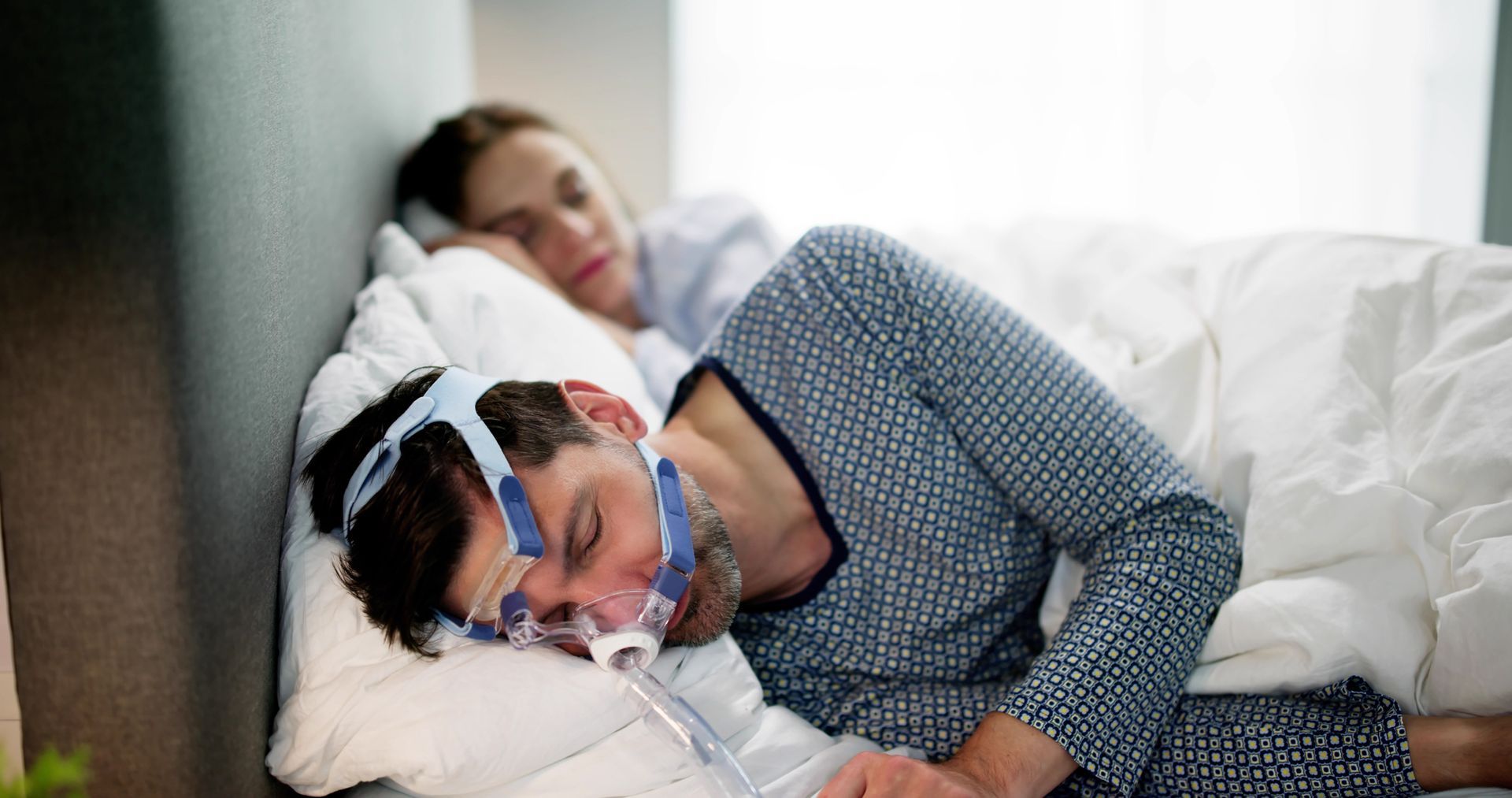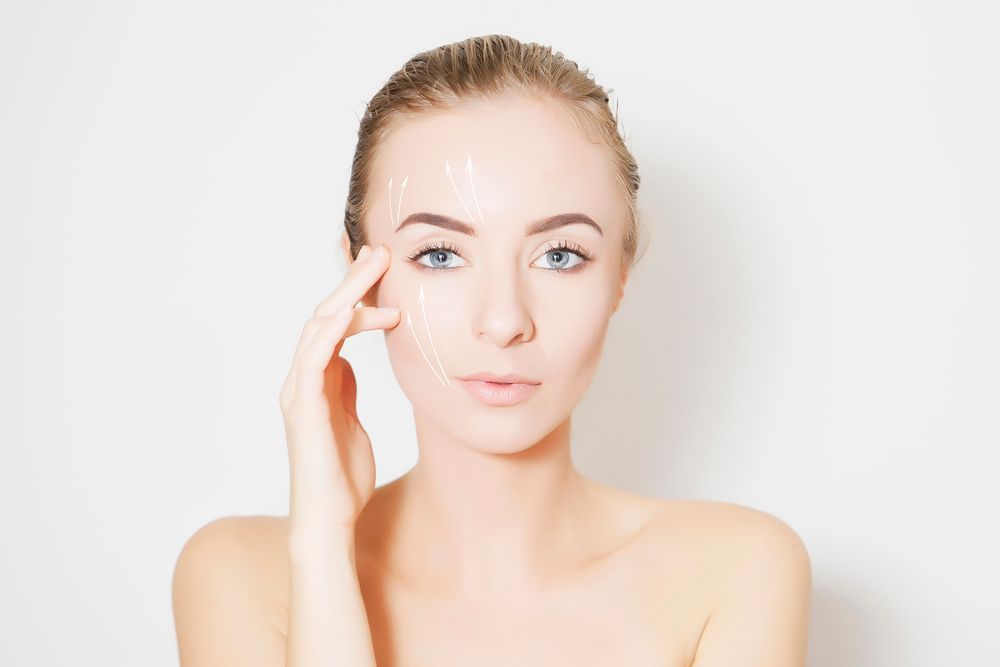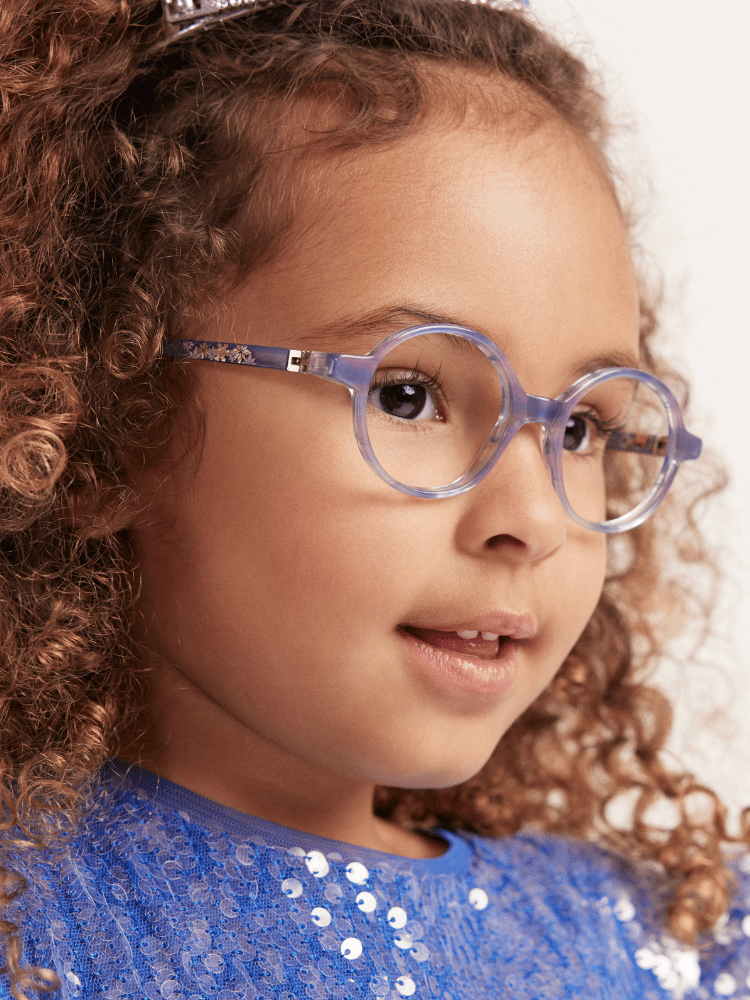THE IMPACT OF SLEEP DISORDERS ON EYE HEALTH
In our fast-paced world, many of us may prioritize productivity over rest, often neglecting the essential role of sleep in maintaining overall health. This oversight is particularly significant regarding eye health, as recent studies reveal a strong correlation between sleep disorders and ocular problems.

Understanding Sleep Disorders
Sleep disorders encompass a range of conditions that disrupt normal sleep patterns, including insomnia, sleep apnea, restless leg syndrome, and narcolepsy. These disorders not only impact our ability to get restorative sleep but can also lead to a host of health issues, including those affecting our eyes.
Effects on Eye Health
1. Dry Eye Syndrome
One of the most common problems linked to poor sleep is dry eye syndrome. Individuals suffering from sleep disorders often experience decreased tear production. Lack of quality sleep can lead to inflammation and reduced tear stability, resulting in discomfort, irritation, and a gritty sensation in the eyes.
2. Eye Fatigue
Chronic sleep deprivation can lead to severe eye fatigue and strain. As our eyes work harder to focus during waking hours, especially when exposed to screens, the lack of restorative sleep can exacerbate the feeling of fatigue. Symptoms can include soreness, sensitivity to light, blurred vision, and difficulty focusing.
3. Increased Risk of Glaucoma¹
Emerging research suggests that sleep disorders may contribute to a higher risk of glaucoma, a condition that may lead to permanent vision loss when untreated. Sleep apnea has been specifically cited as a potential risk factor, as the interruptions in breathing can affect the flow of blood to the sensitive tissues within the eyes.
4. Night Vision Issues
Those with disrupted sleep patterns may also suffer from impaired night vision. A combination of dry eyes, fatigued eye muscles, and lower light levels can reduce the ability to see clearly at night, making tasks like driving more challenging and dangerous.
5. Potential Link to Retinal Damage²
There is growing evidence suggesting that conditions such as obstructive sleep apnea may have a negative impact on the retina. The lack of oxygen during sleep disturbances can damage retinal cells, thereby impairing vision.
Promoting Better Eye Health Through Sleep
Given the significant impact sleep disorders can have on eye health, it's crucial to prioritize good sleep hygiene. Here are some effective strategies to improve sleep quality:
- Establish a Sleep Routine: Going to bed and waking up at the same time every day helps regulate the body's internal clock. Consider the Umay REST, a science-based technology to help you with your dry eyes and improve your sleep patterns. Umay REST combines the sciences of warming and cooling, and mindful breathing to improve your tears and sleep at the same time.
- Create a Sleep-Conducive Environment: Aim for a dark, quiet, and cool room. Consider using blackout curtains and white noise machines if necessary. If using a C-PAP consider purchasing Eyeseals- Soft and flexible, eyeseals 4.0 are made from medical grade thermal plastic and proven to help relieve dry eyes during rest and sleep. The unitary design gently rests over the orbital bones, leaving room to blink while sheltering eyes from C-PAP devices, drafts, dust, and low humidity environments.
- Limit Screen Time Before Bed: Blue light emitted by screens can interfere with the body's natural sleep-wake cycle. Set aside screens at least an hour before bedtime. Visit our Optical Department for information on blue light filtering lenses for your glasses.
- Stay Active: Regular physical activity can enhance the quality of sleep. However, it’s best to avoid vigorous exercise close to bedtime.
- Consult a Professional: If sleep disorders persist, it’s important to seek medical advice. Sleep specialists can provide assessments and treatment options. During your eye exam, your MVO optometrist will carefully test for signs of eye disease that may be linked to issues such as sleep apnea.
Did you know that a common condition called “Floppy Eyelid Syndrome” is strongly linked to sleep apnea? It’s associated with forms of Dry Eye disease and is diagnosed during a comprehensive eye exam at MVO.
Sleep Your Way to Healthier Eyes
The link between sleep and eye health is undeniable. As more research uncovers the complexities of this relationship, it underscores the importance of prioritizing restorative sleep not just for overall health but specifically for maintaining optimal eye health. By recognizing the implications of sleep disorders, we can take proactive steps to improve both our sleep quality and, consequently, our vision. With a little commitment to better sleep habits, you can significantly protect and enhance your eye health for years to come.










